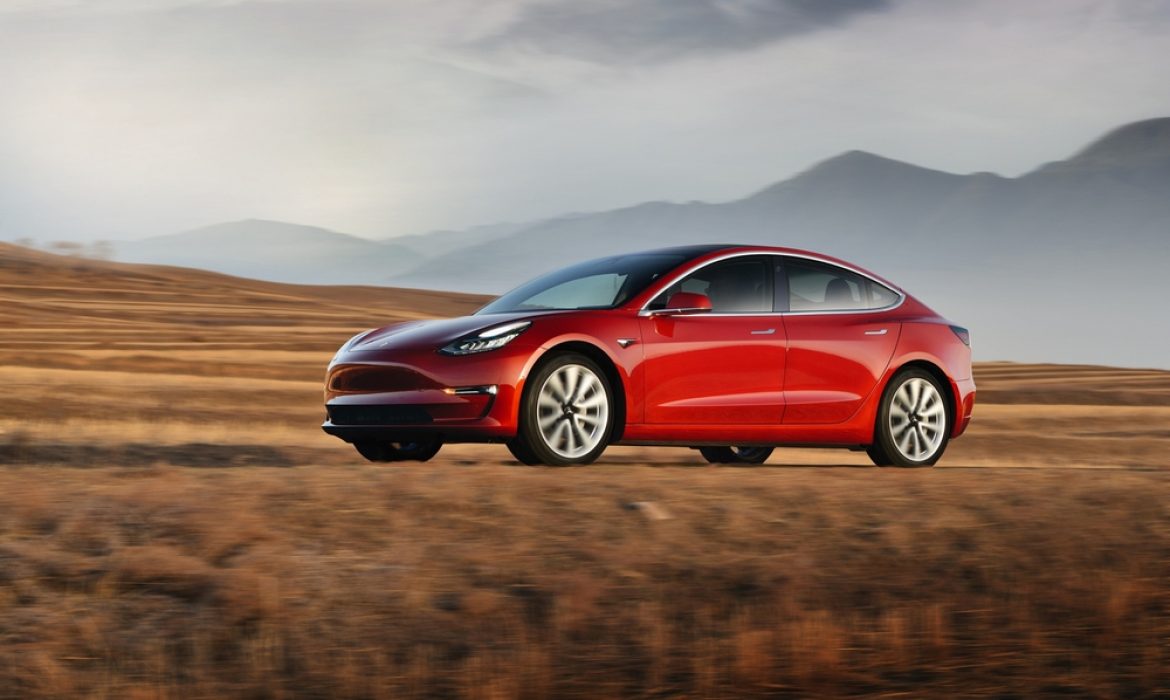Elon Musk’s Tesla witnessed a 29% nosedive in stock value within a mere 10 weeks, reaching its lowest point since May. This plunge translated to a staggering $234 billion drop in market capitalization, plummeting from nearly $800 billion to slightly above $550 billion.
Outshining Corporate Titans: More than McDonald’s, Disney, or Nike
This decline eclipses the entire market values of renowned entities like McDonald’s ($212 billion), Disney ($202 billion), and Cisco ($199 billion), as reported by Business Insider. The impact is also felt on par with Netflix ($259 billion) and Coca-Cola ($257 billion), exceeding the worth of American Express ($158 billion) and Nike ($148 billion). The fallout even surpasses double the value of Starbucks ($104 billion) and triples the scale of Chipotle ($71 billion), FedEx ($62 billion), and Palantir ($58 billion).
Musk’s Wealth Shrinks: A $40 Billion Blow
Elon Musk’s personal wealth takes a hit, shrinking by nearly $40 billion in 2024, dipping below the $190 billion mark. This colossal loss shuffles Musk from the top of Bloomberg’s billionaire ranking to a humbling third place, ceding ground to Bernard Arnault and Jeff Bezos.
From Soaring Highs to 60% Plummet: Tesla’s Turbulent Trajectory
Despite a remarkable fivefold surge in Tesla shares since the onset of 2020, they now stand diminished by 60% from their November 2021 zenith, where the automaker commanded a valuation of $1.2 trillion. Reasons for this stark descent include signs of waning electric car demand among consumers and rental companies like Hertz. Fierce competition in China, notably from BYD, forces Tesla to resort to price cuts.
Hertz’s Electric Exit: Concerns over Demand and Repair Costs
Notably, rental giant Hertz reveals apprehensions about demand and increased repair costs for electric cars. Selling off 20,000 electric vehicles from its U.S. fleet, a third of its global electric fleet, Hertz cites the move as a strategic balance to align supply and demand. The rental company anticipates a reduction in loss costs associated with electric vehicles.
Hertz’s Pragmatic Shift: Electrification Plans Slowed Down
Hertz’s reluctance to heavily invest in electric vehicles surfaces, with the company slowing down its electrification plans. Previously purchasing 100,000 vehicles from Tesla in 2021 and revealing intentions to acquire up to 65,000 electric cars from Polestar, Hertz cites exorbitant damage repair costs for electric vehicles as a hindrance to their ambitious plans.
Ripple Effect on Used Car Market: Tesla Models Take the Lead
With more than 700 electric cars, primarily Tesla Model 3 and Model Y vehicles, being sold through Hertz’s used car website, the repercussions are felt in the secondary market. The company’s pragmatic approach signifies a potential shift in the broader landscape of electric vehicle adoption. The ripple effect on Tesla’s fortunes and the electric car market at large remains to unfold.**
